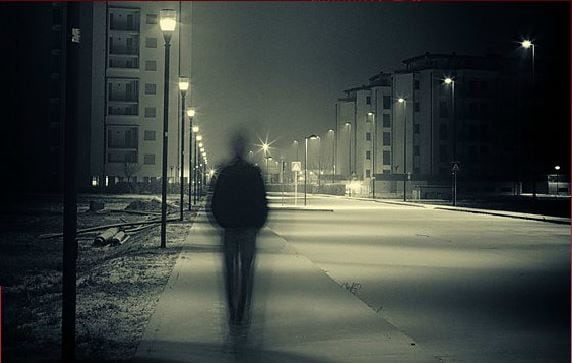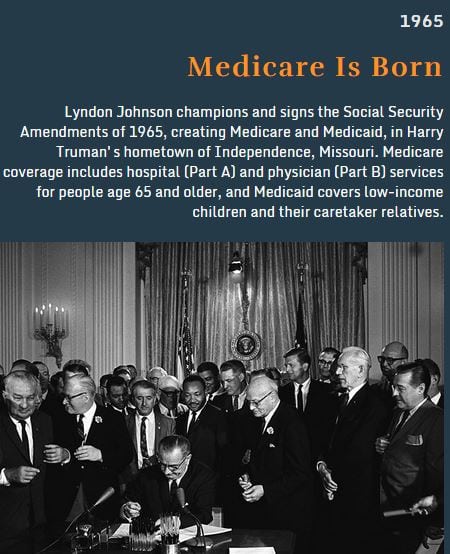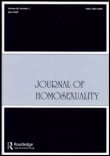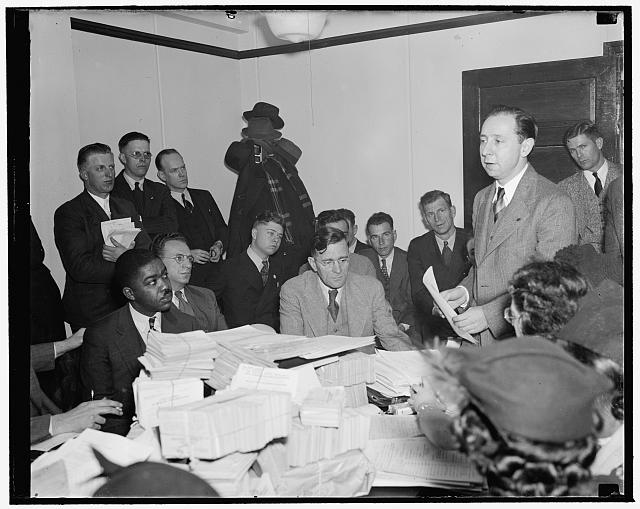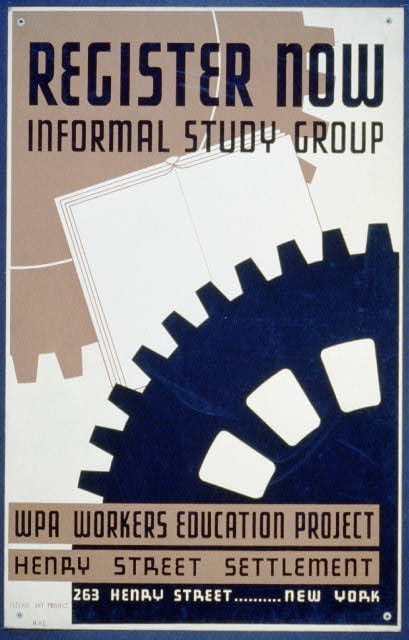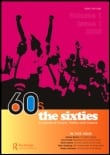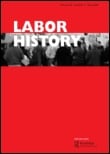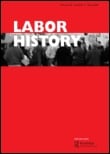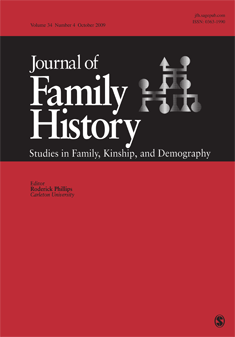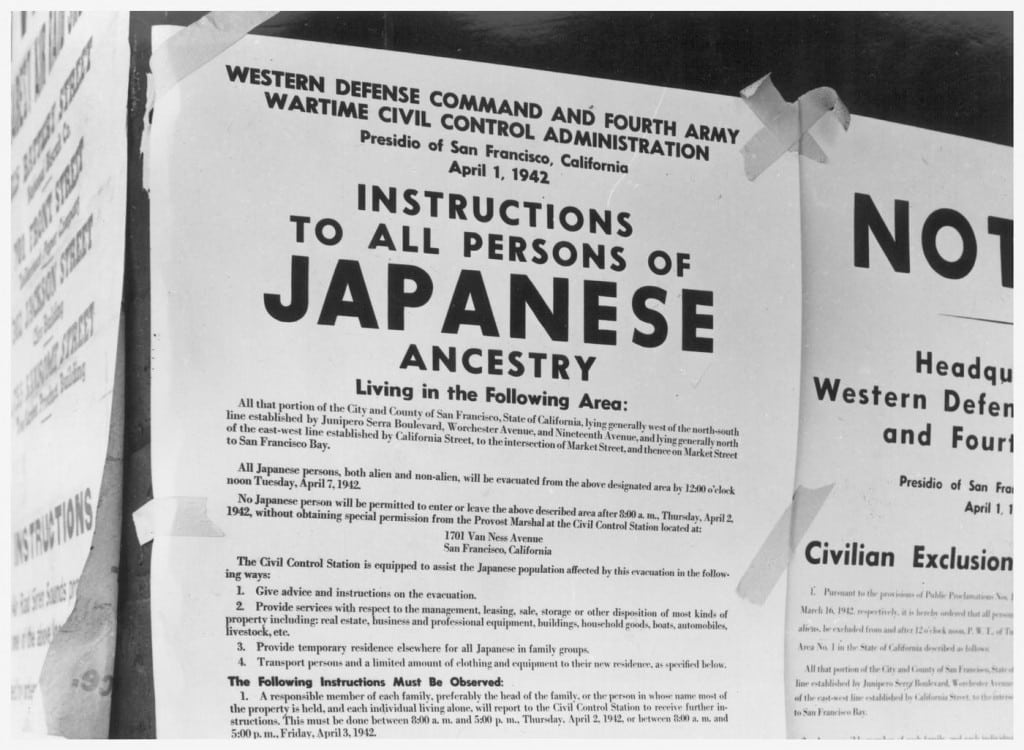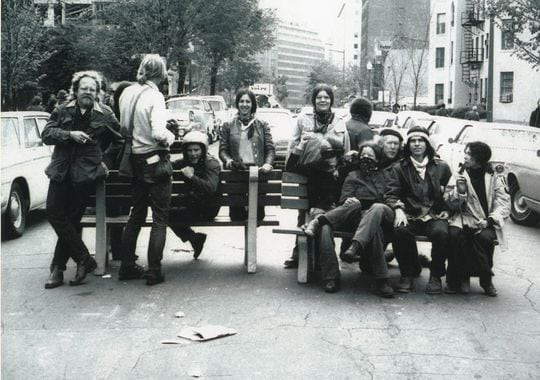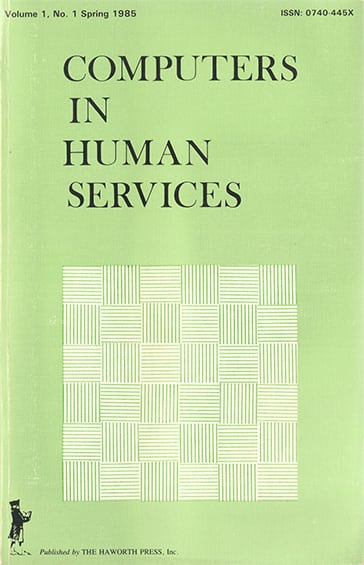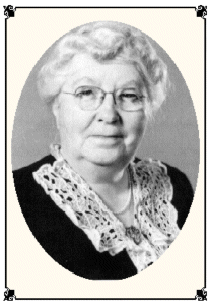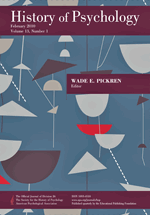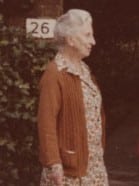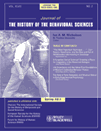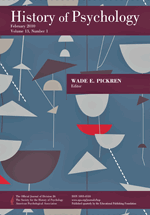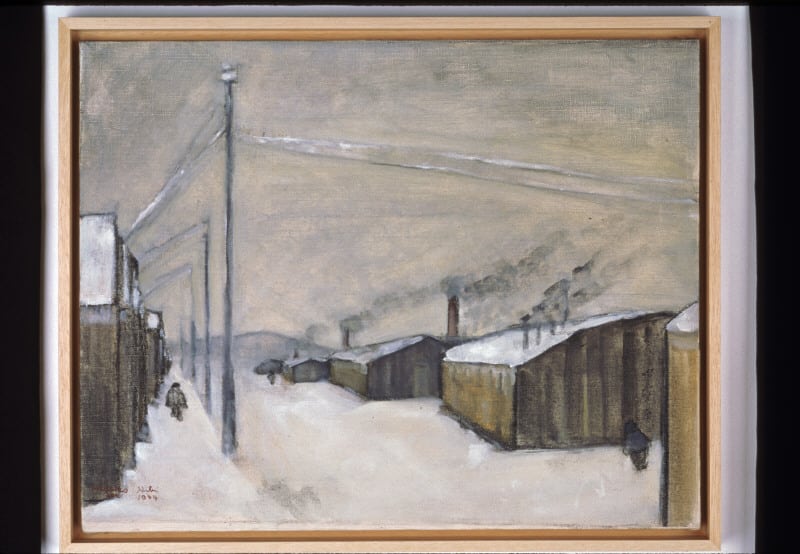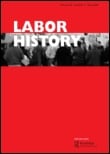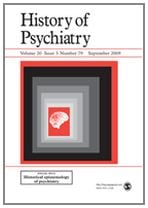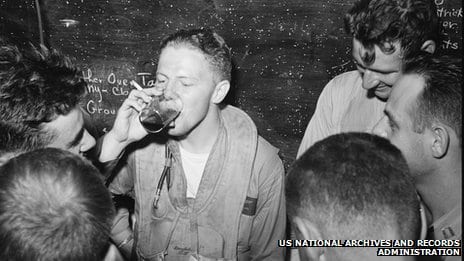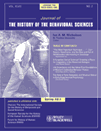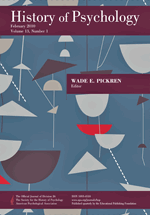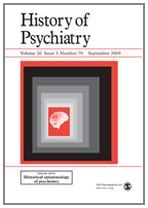BBC Radio Free Thinking Series: Madness in Civilisation (audio)
50 Years of Medicare: How Did We Get Here?
Prison and the colonial family
The Birth of Modern Criminology and Gendered Constructions of Homosexual Criminal Identity
WPA workers protest relief cuts. Washington, D.C.
WPA workers from 26 states, head by David Lasser, President of the Workers Alliance, today protested to Assistant Administrator Aubrey Williams the recent cuts in relief. Their kicks were against the current wage scales, geographical wage differentials, inadequate number of WPA enrollees and the ‘unjust and unfair’ labor relations setup. Lasser is on the right and Aubrey Williams in center seated, 12/15/38
Register now – informal study group WPA Workers Education Project, Henry Street Settlement
Bread and Roses Strike of 1912: Two Months in Lawrence, Massachusetts, that Changed Labor History
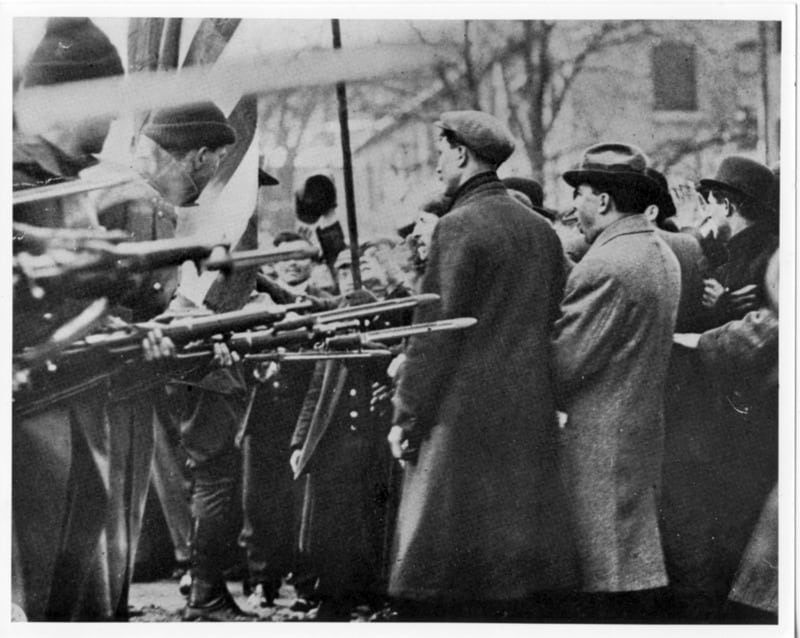 Lawrence History Center, Lawrence, Massachusetts, and University of Massachusetts Lowell History Department and students
Lawrence History Center, Lawrence, Massachusetts, and University of Massachusetts Lowell History Department and students
Standoff between militia and strikers, Lawrence, Mass. 1912. Prompted by a wage cut, the walkout spread quickly from mill to mill across the city. Strikers defied the assumptions of conservative trade unions within the American Federation of Labor that immigrant, largely female and ethnically diverse workers could not be organized. The Lawrence strike is referred to as the “Bread and Roses” strike and “The Strike for Three Loaves.”
Building a Latino civil rights movement: Puerto Ricans, African Americans, and the pursuit of racial justice in New York City
Guthrie, Seeger, and “Gilding the Philosophic Pill”: Comments on Ronald Radosh
The Communist Party’s Role in the Folk Revival: From Woody Guthrie to Bob Dylan
Spain: The indignados rebellion of 2011 in perspective
Day labourers, radical unionism and collective action in Andalusia
The American Left and the Politics of Folk Music: An Exchange
British employment tribunals: from the side-lines to centre stage
The axe of the event: in and out of the echo chamber of West Germany’s 1968
5O years of neuroscience
The unmarried couple in post-communist Romania: a qualitative sociological approach
The ‘abominable superstition’ and the ‘cure’ of sexually transmitted disease
A Genealogy of Serial Monogamy: Shifting Regulations of Intimacy in Twentieth-Century Sweden
Exclusion Order posted at First and Front Streets directing removal of persons of Japanese ancestry from the first San Francisco section to be affected by evacuation (4/11/42)
The Conceptualization and Representations of Adolescence in Vietnamese Media during the "Reform Era" of Vietnam (1986-1995)
WPA clerks and technicians at the Flint-Goodrich Hospital in New Orleans (1941)
1970s VT: Fears of a hippie invasion
Costs of Children and Models of Parenthood: Comparative Evidence from Two Swiss Cities, 1955-1970
1985 social work and computers
In 1985, the numerous small initiatives exploring these challenges and opportunities found each other and gained momentum. In the USA, Dick Schoech launched the first issue of the Computers in human services journal with the support of people like Walter LaMendola. This was an expansion of the already existing Computer Use in Social Services Network (CUSSN). The journal was later renamed to Journal of Technology in Human Services. Also in 1985 in the UK, Bryan Glastonbury published his Computers in social work. These people, together with e.g. Hein de Graaf (NL), Jackie Rafferty (UK), Rob MacFadden (Canada) and Jan Steyaert (NL & B) launched HUSITA (Human Service Information Technology Applications) and ENITH (European Network for Information Technology and Human Services) and organized a series of almost yearly global or European conferences. The American journal was complemented by the UK-bases Computer Applications in Social Work journal. It was later renamed New Technology in the Human Services and ceased to be published in 2003.
U.S. Department of Labor – Mary Anderson (served 1920 – 1944)
The first “up from the ranks” labor woman to head an executive department of the Federal Government, Mary Anderson directed the Women’s Bureau for nearly 25 years, leading efforts to win better wages, hours and working condition for women. She served for five presidents and, during her tenure, saw the ranks of women workers more than double.


